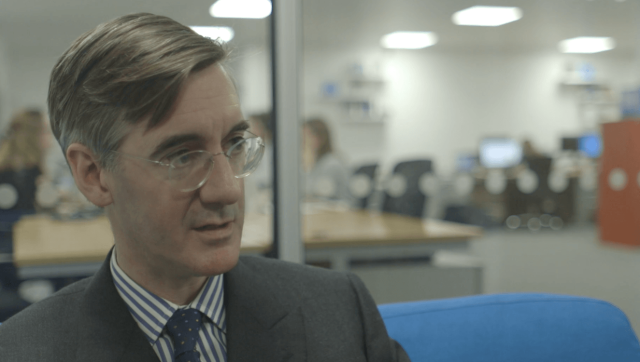Tory MP Jacob Rees-Mogg talking to UnHerd’s Charlie Pickles.

In this final instalment of our interview with Jacob Rees-Mogg it was to this subject area – of technology and the power of the giant tech firms that we (briefly) turned.
If Messrs Bezos, Cook and Zuckerberg etc are interested in the Moggster’s opinions we have one piece of good news and one piece of bad news:
- Answering Charlotte Pickles’ questions he showed no interest in action to cut the market share of any of these big firms.
- The bad news for them is he wants to end their special status. They must all bear the same legal responsibilities as, eg, other cab companies if (yes, we’re looking at you Uber) if they organise journeys for people from A to B. Equally online publishers, says JRM, shouldn’t escape the regime that newspapers must abide by, if online tech companies do publish (or ‘platform’) stories (after this week it’s no longer quite clear what, eg, Facebook’s plan is re news).
The two previous instalments of Jacob Rees-Mogg’s interview with UnHerd – covering our core themes – can be read by clicking on the links below. And if you want to really get to grips with the huge year that 2017 was for the California-headquarted economic and technological super companies do read a 15 point briefing from our tech editor, Nigel Cameron. “Big tech’s tipping point year” was published yesterday.










Join the discussion
Join like minded readers that support our journalism by becoming a paid subscriber
To join the discussion in the comments, become a paid subscriber.
Join like minded readers that support our journalism, read unlimited articles and enjoy other subscriber-only benefits.
Subscribe